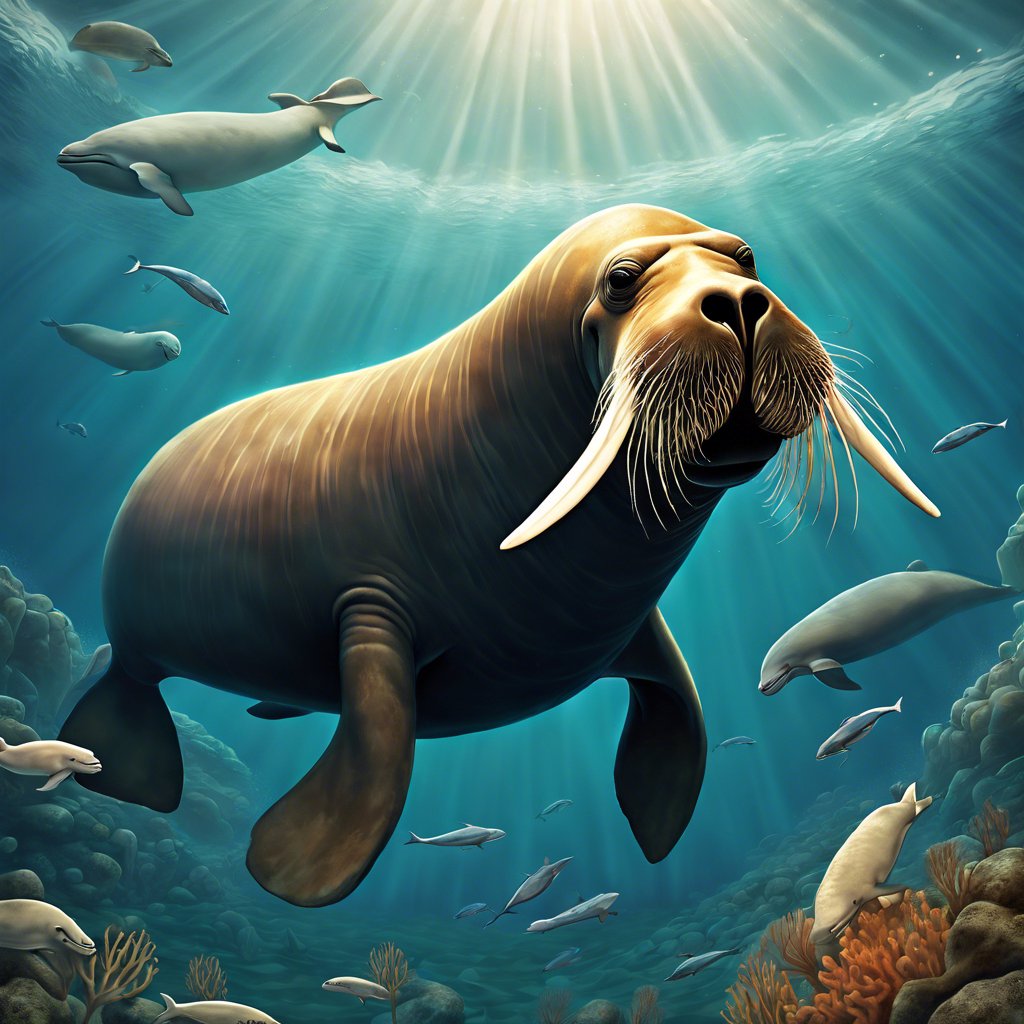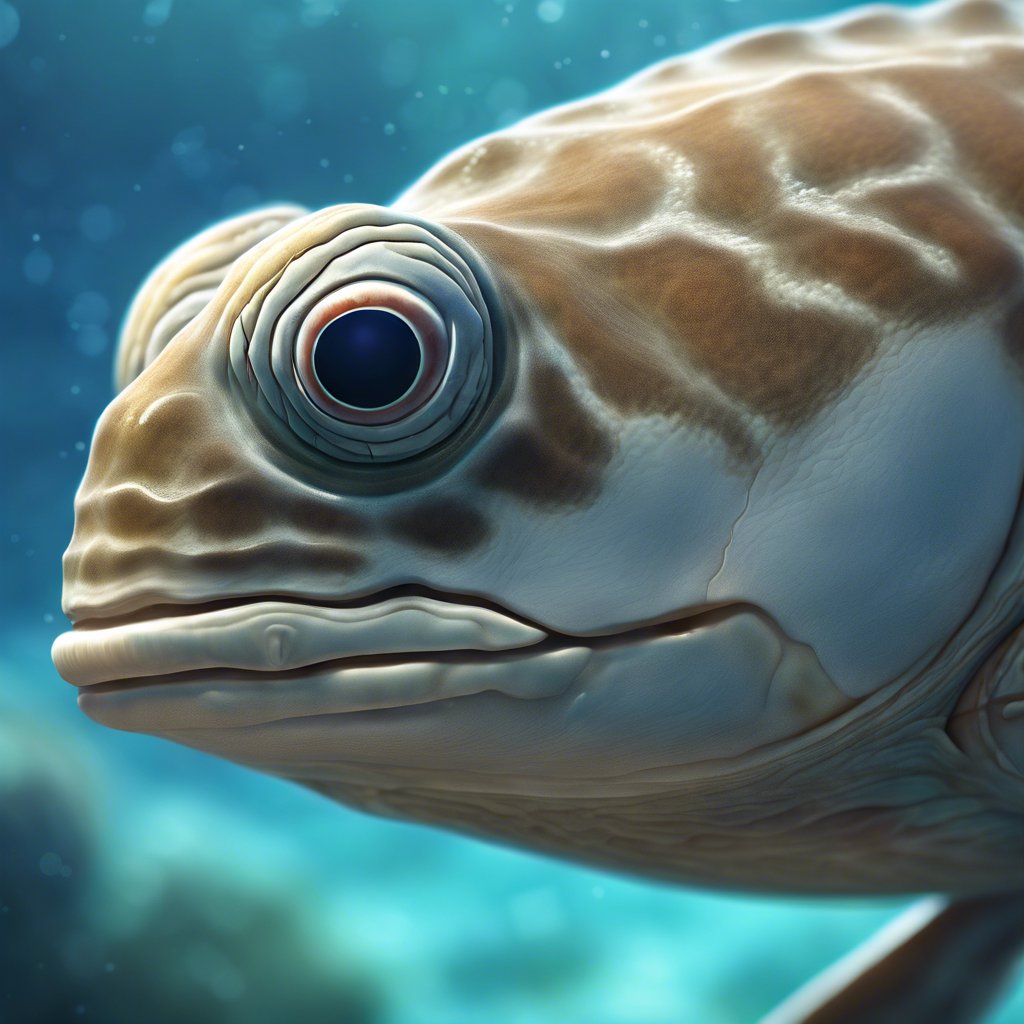The Fascinating Discovery of Ontocetus posti
Approximately 2 million years ago, a large marine mammal emerged from the depths of the North Atlantic Ocean, dragging itself onto a sandy beach, its belly filled with clams. This creature, with its blubber, tusks, and likely whiskers, may initially evoke thoughts of a modern walrus. However, researchers have revealed that this intriguing extinct species belongs to an entirely different genus of marine mammals. In fact, it is as distinct from a contemporary walrus as a fox is from your beloved pet dog.
In a study published on Tuesday in the journal PeerJ Life & Environment, scientists have explored the evolutionary traits of this ancient creature and uncovered remarkable similarities in its foraging strategy. The research suggests that this relative of the walrus may have employed a suction feeding technique, akin to that used by modern walruses.
Mathieu Boisville, a paleontologist affiliated with the University of Tsukuba in Japan and a co-author of the study, commented on this rare phenomenon in the realm of fossil marine mammals. He noted, “It’s truly extraordinary for two large animals to evolve such similar adaptations,” a process known as convergent evolution.
The newly identified species, dubbed Ontocetus posti, is part of a lineage of marine mammals that made their first appearance around five million years ago along the Pacific Coast of North America. These creatures later migrated into the Atlantic Ocean through the yet-to-be-closed seaway connecting North and South America.
While most of the remains from this group are typically discovered along the southeastern coast of the United States, over several decades, both amateur fossil hunters and professional paleontologists have unearthed fragments of skulls and lower jaws along the coasts and seabed of the North Sea. Notably, these finds were made near the towns of Antwerp in Belgium and Norwich in England. For a significant period, these remains were categorized as a separate species, known as Ontocetus emmonsi.
Upon closer examination of the fossils, Dr. Boisville and his team recognized that the jaw structures exhibited a striking resemblance to those of modern walruses, displaying features that warranted further investigation. Unlike their southern counterparts, Ontocetus posti possessed a unique arrangement of teeth, which included lower incisors and a prominent lower canine. Additionally, its robust chin bones were fused together, mirroring the characteristics found in today’s walruses.















